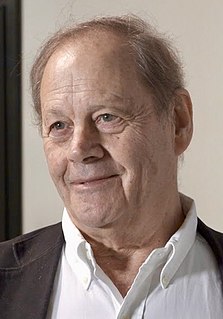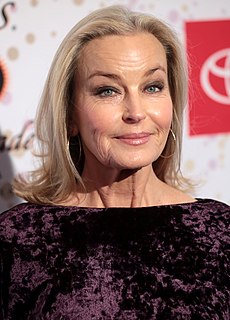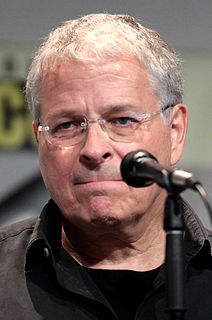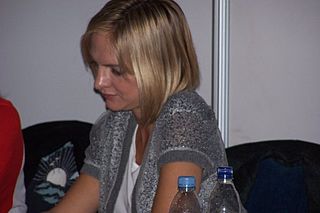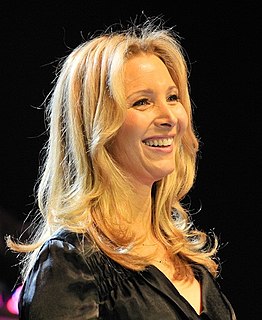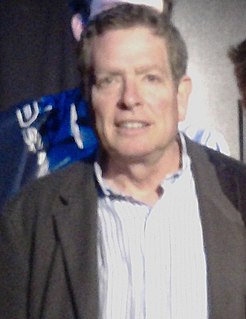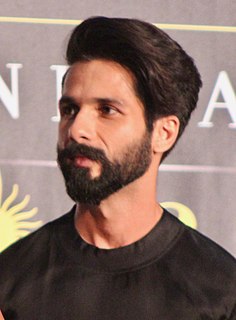A Quote by Bruce Beresford
There were movies that always made me want to be a director. You see brilliant scenes and the way the emotions were handled. I thought, I'd really like to do that.
Related Quotes
For me, in movies, it's always a mixed bag. I've never made a movie where I thought, "You were really good in that movie; you were good all the time." No. It's always, "You didn't get it, you didn't do it in that scene, but the other scene is pretty good." So I just hope that in balance there's more good scenes than not.
I have a very close friend who is a brilliant clown, and I always wanted to do a show with him. So I did one year at La MaMa Theatre. I had not done stilts before that show, and I had about two weeks to learn how to do that, and they were just made with off-off Broadway money. The ones that I had in Rogue One were made by [Industrial Light & Magic]. So they were really easy. They were made with actual prosthetic feet on the bottom. They were athletic, in a way. I could run in them. There was a bounce to them that I could use.
I had a fantasy as a child that I might be a writer someday. I always thought that meant you went to New York or Paris. But after that intense summer, I never thought that I wanted to live any place but Chicago. It also made me see what the stakes were in the civil rights movement. And it made me see what real hatred was like and the forms that it took. But it also made me understand how powerless ordinary people feel in their lives.
My character [in Ted Bundy] was unaware of all the murders that were being committed by him, so I kind of tried to keep myself out of it and kind of keep an innocent point of view from it. The hard scenes for me were the sex scenes just because there's like sexual deviance going on and there was stuff that he want her to do and that was really disturbing.
There is still so much that I want to see and do, but for me, it's the pure satisfaction of doing what you really want. I always had a problem doing things that I didn't want to do. I don't have a problem when my director says: "Don't do it like this; I want it like this." But generally in life, I like to do what I want, and for me the best way is through acting and making films.
I could never be Charlie Chaplin. But the films that were made by people like him, or Gene Wilder, or John Candy, the people that inspired me so much were the people that were able to combine humor with heartbreak so beautifully and fluidly. Those films I think were what inspired me to want to come to L.A. and audition for movies.
I thought I was okay in my first film, and then I was really, really bad in some films. I really cringe when I see some of my scenes. There's a scene in one film where a dog is biting me; the expressions I have made should be qualified as the most over-acted scene in the history of the cinema. The dog's expressions were more real than mine.
All films created by Walt Disney at the time of his major outpouring of work were carefully crafted to fit scenes, characters, moods and situations. If these elements changed in any way, songs - no matter how good they were - were discarded. Others were written for the new scenes. Many times, character songs were dropped because characters were dropped...sequences were dropped etc.
